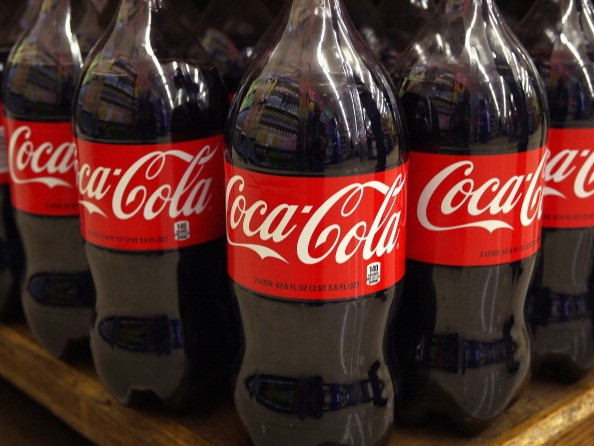
It was called the Global Energy Balance Network and its stated purpose was to explore the energy balance between consuming calories and expending them, and how not expending enough calories leads to obesity. The group was led by scientists and funded by the Coca-Cola Co., but it is now shutting down after it was found to be allowing the company to call the shots on playing down the link between soft drinks and obesity.
Coca-Cola's financial backing of the group was reported by The New York Times in August and prompted criticism that the company was trying to push research away from reducing caloric intake. This was a similar tactic to those used by tobacco companies, which once enlisted experts and researchers to raise doubts about the dangers of smoking.
In November, the University of Colorado School of Medicine, where the Global Energy Balance Network was located, said it would return a $1 million grant that Coca-Cola had provided to help start the organization.
Now, the groups has erased everything from its website except a brief statement saying it was discontinuing its operations "due to resource limitations."
The network's president was James O. Hill, a prominent obesity researcher and professor at the University of Colorado. In a statement issued in August, Dr. Hill acknowledged that Coca-Cola had funded the start-up of the Global Energy Balance Network, but insisted that the company had no say or input into the group. But a series of emails recently obtained by The Associated Press strongly suggested that Dr. Hill had allowed Coke to pick the group's leaders and write its mission statement.
Experts on public health spoke out strongly against the backing of the Global energy Balance Network. A letter in The New York Times signed by 37 scientists criticized Coca-Cola and the Global Energy Balance Network for spreading "scientific nonsense."
Two other health groups that have received funding from Coca-Cola, including the American Academy of Pediatrics and the Academy of Nutrition and Dietetics, announced that they were ending their relationships with the company, which is the largest maker of soft drinks in the world.



